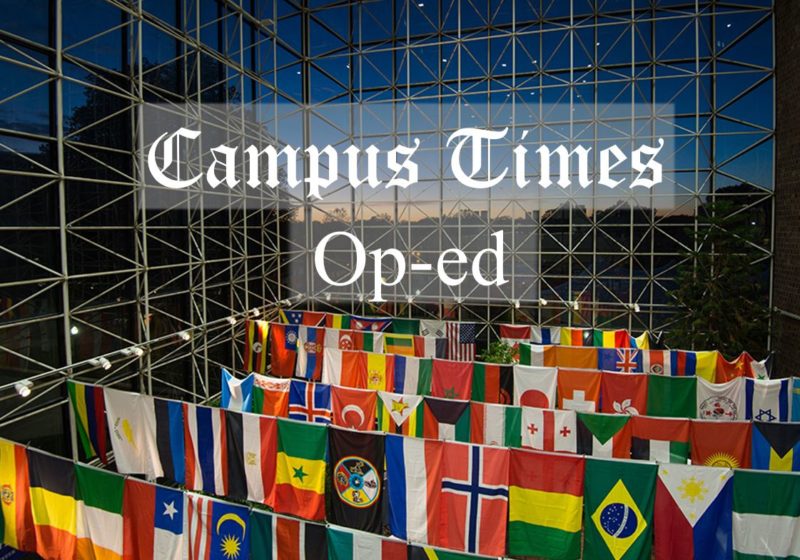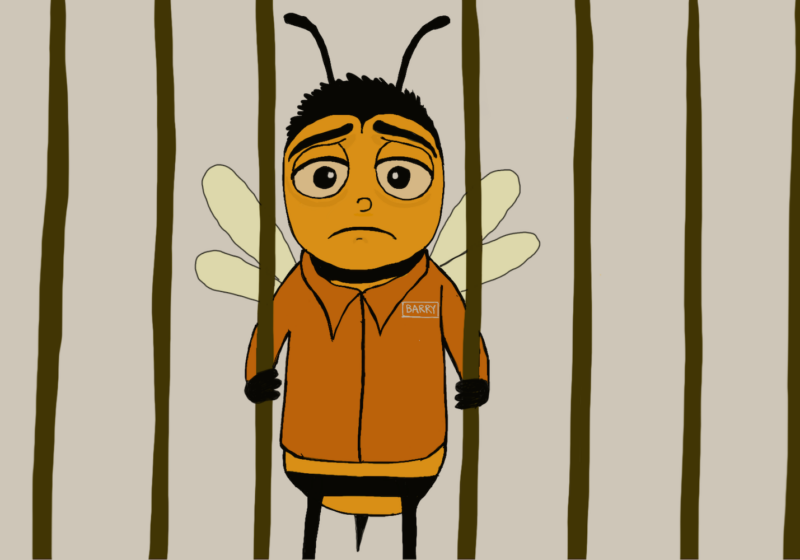In the current era of activism and awareness, we have a predilection for deciding that someone’s works are no longer valuable immediately after discovering some questionable actions. While boycotting artists, comedians, and actors after particularly reprehensible actions — Bill Cosby comes to mind — is sometimes valid, doing so without thought is not beneficial and can be regressive. Not every act of injustice is equal, and sometimes we lose our depth perception when we constantly overreact. Each transgression deserves individual attention, but a constant cycle of visceral reaction desensitizes us and clouds our judgment of where anger should be placed.
By creating a culture that is constantly on the hunt for offensive pasts and interpreting offense in another’s work, we limit our ability to react with proper uproar to true indecency, racism, homophobia, and discrimination. We seem to dedicate ourselves to finding someone’s past mistakes or social transgressions. Mistakes from years ago, which were never vilified then, become modern debates and are touted as evidence of systemized discrimination, when they were nothing more than gaffes.
This is not to say that every gaffe should be written off, but a one-off mistake shouldn’t always be villainized into some larger pattern of racism. If they are, then when there is real injustice and systemic inequality to be decried, the backlash is no more or less distinct than any other instance.
There is also the issue of collateral damage when we “cancel.” Take, for instance, Louis C. K. While boycotting his comedy sends the message that “we do not accept this behavior,” it also unintentionally impacts a whole host of innocent people. The producer, the production company, C.K.’s own family, and many more people no longer make as much on record sales when they have committed, to the best of our knowledge, no misdeed. Granted, they were making money off a flawed man, but that does not make their livelihoods less important. If my family were suddenly embroiled in a scandal, I’d hope that I could still attend school and live a normal life. The sensationalism of modern “cancel culture” is a cesspool for collateral damage.
Cancel culture’s implicit validation of rejecting members of the society who have made mistakes is also regressive. By cancel culture logic, we should abandon those who reject or ignore societal norms — socially, criminally, or ethically — because they too have committed acts contrary to expectations. This is simply not a valid pattern of thought, especially in a nation of minimum sentences and legal systems that disadvantage poor and minority groups.
All people commit questionable actions at some point in their lives, but a culture which advocates for simply ignoring them via boycotts is not social progress. This culture does not advance anyone or anything, and no person gains or learns from this culture, because changing behavior or improving perspective is no longer a solution.
Making mistakes in the past and then changing your perspective does not insulate you from this culture — think Liam Neeson — nor does this culture reward a better consciousness. When we as a “cancel culture” society only punish transgressors, rather than educating or rewarding those doing good work, we fail in our goal of a more inclusive and diverse world.





